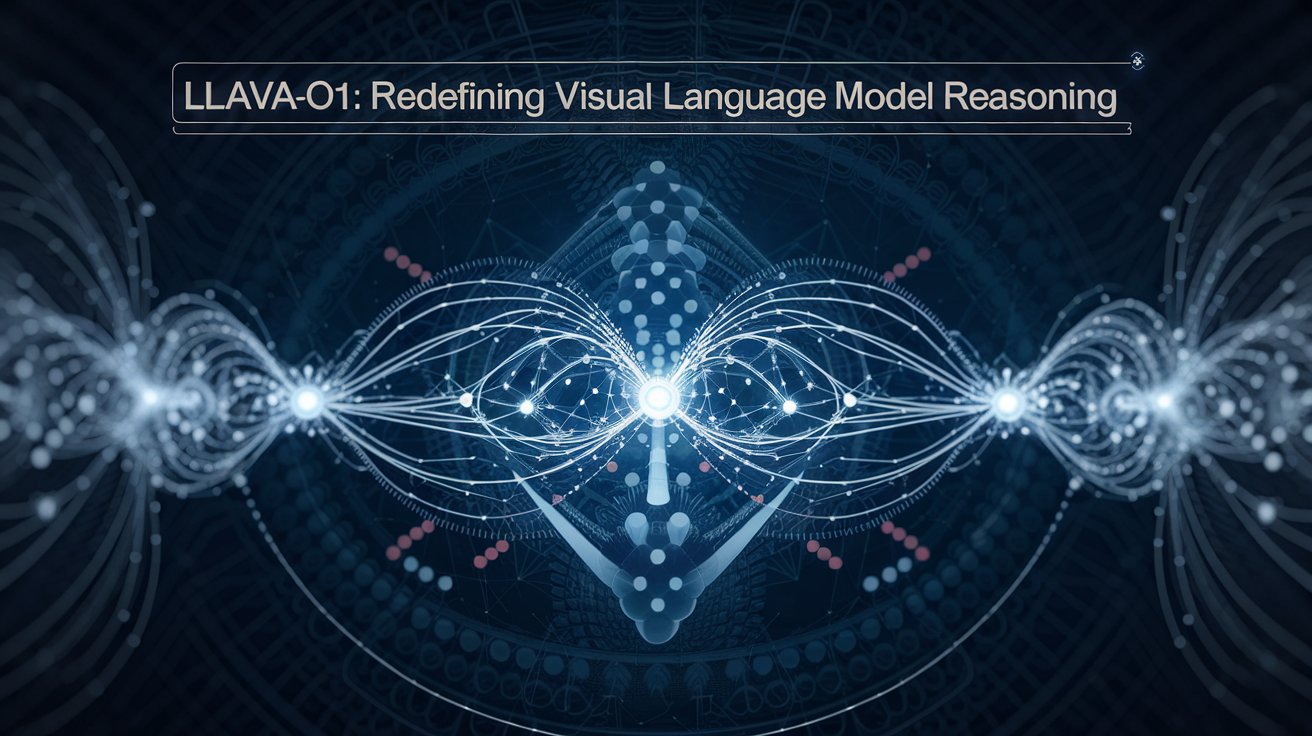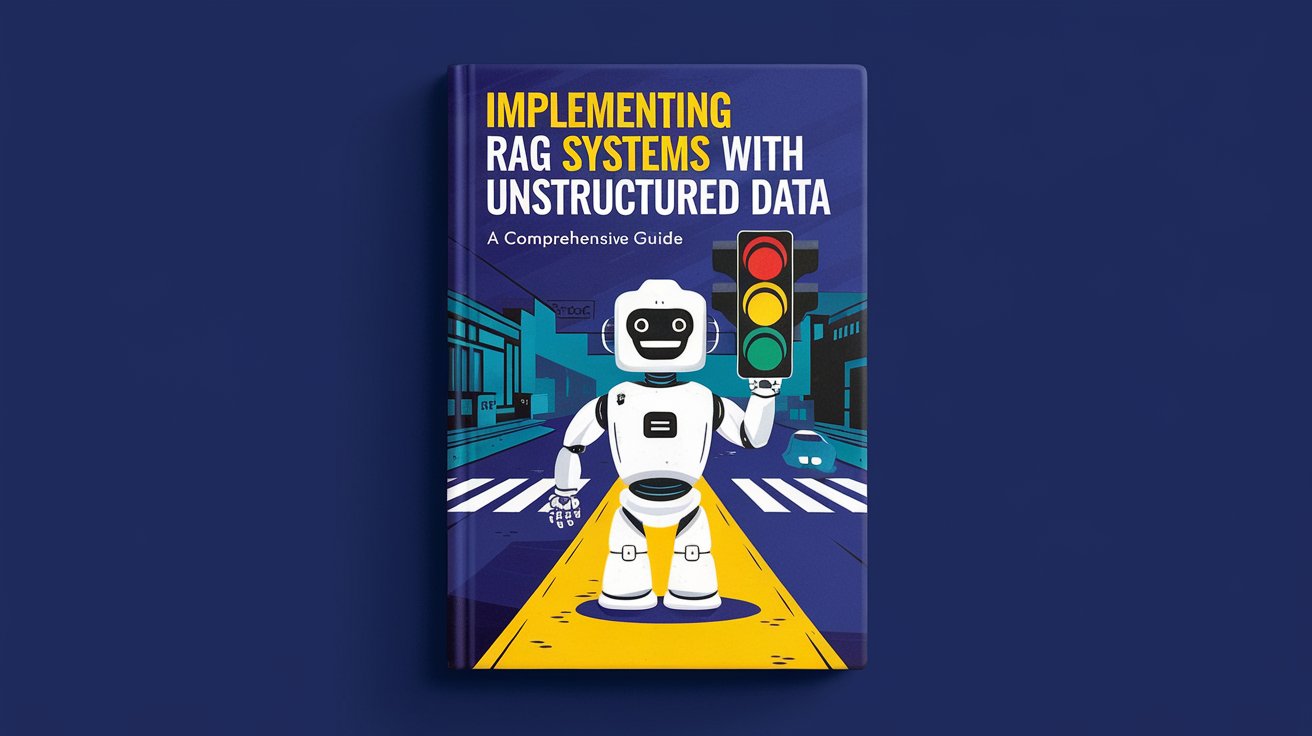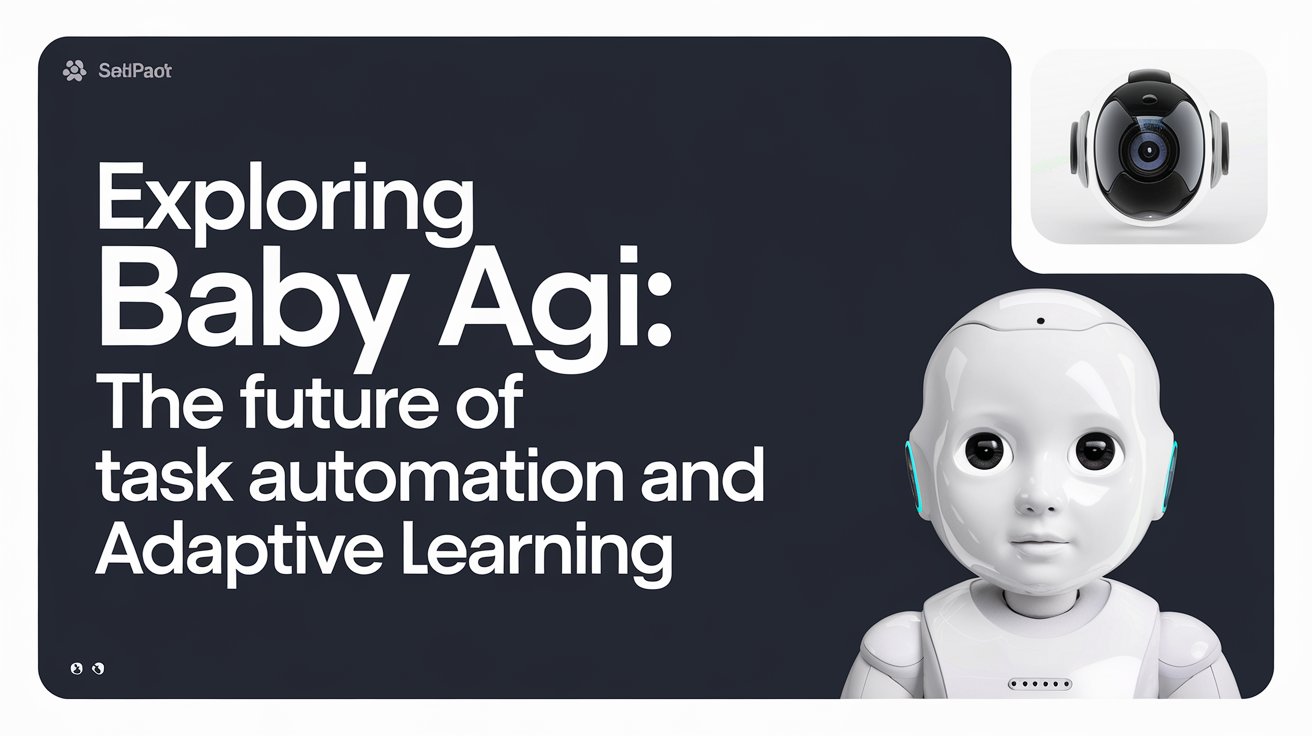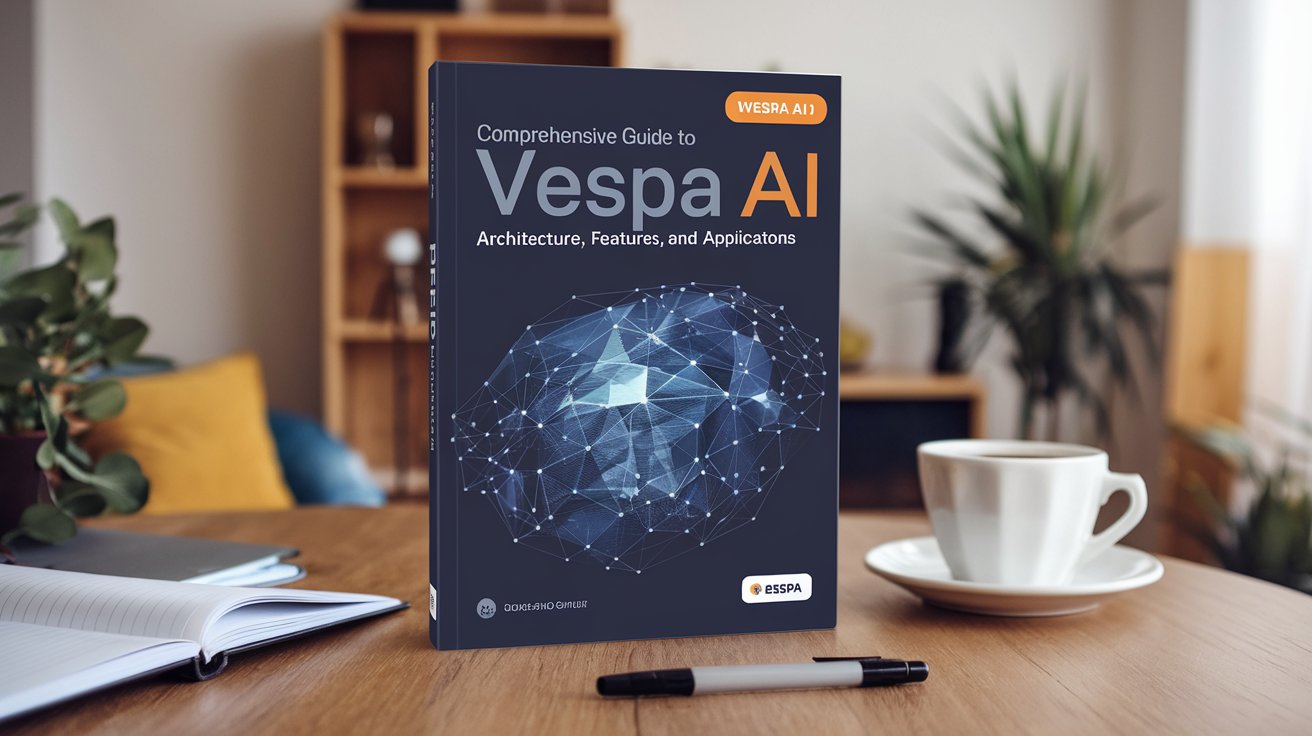Azure AI Search: A Comprehensive Guide to Cloud-Based Search Services
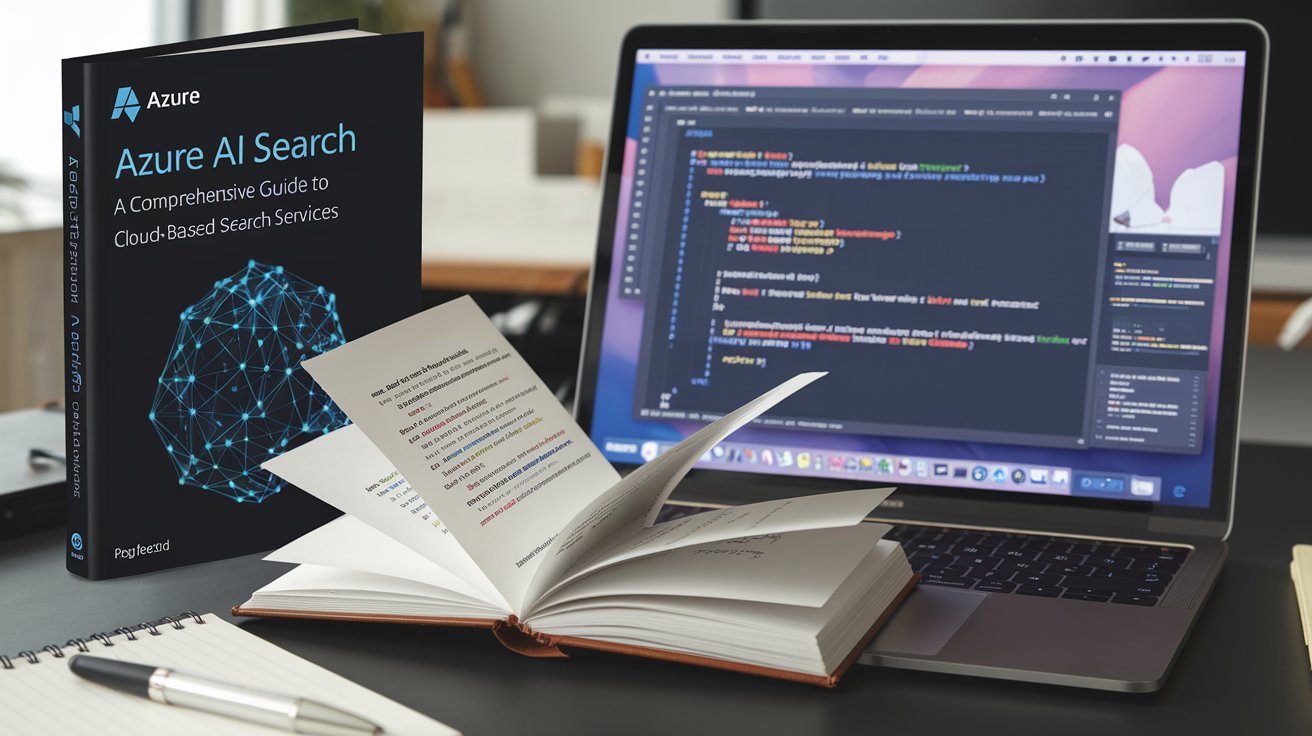
Azure AI Search represents a significant evolution in cloud-based search services, offering a sophisticated platform that combines traditional search capabilities with advanced artificial intelligence features. As organizations increasingly deal with vast amounts of structured and unstructured data, the need for intelligent search solutions has become paramount. Azure AI Search addresses this need by providing a comprehensive search-as-a-service solution that enables organizations to implement powerful search capabilities without managing complex infrastructure.
Originally launched as Azure Search and later rebranded as Azure Cognitive Search, the platform has undergone significant transformations to incorporate cutting-edge AI technologies. The service now stands as a testament to Microsoft’s commitment to delivering innovative search solutions that can handle the complexities of modern data requirements.
Table of Contents
Core Architecture

The fundamental architecture of Azure AI Search is built upon a robust and scalable foundation that encompasses several key components:
Index Management
At the heart of Azure AI Search lies its indexing system, which creates and maintains logical containers for searchable content. These indexes are more than simple data stores; they represent carefully structured repositories that enable rapid search and retrieval operations. The system supports two primary indexing engines:
- Microsoft’s proprietary natural language processing technology
- Apache Lucene analyzers
Search Pipeline
The search pipeline implements a sophisticated process flow that includes:
- Document cracking and text extraction
- Natural language processing
- Index creation and maintenance
- Query processing and optimization
Key Features and Capabilities
Advanced Search Mechanisms
Azure AI Search implements multiple search methodologies to ensure comprehensive and accurate results:
- Vector Search
- Utilizes advanced algorithms for similarity-based searching
- Enables conceptual matching beyond keyword-based approaches
- Supports multi-modal search capabilities
- Hybrid Search
- Combines traditional keyword matching with semantic understanding
- Implements multiple ranking mechanisms
- Provides configurable relevance tuning
- Semantic Search
- Understands user intent and contextual meaning
- Supports natural language queries
- Implements advanced ranking algorithms
Integration Capabilities
The platform offers seamless integration with various Azure services and external systems:
- Data Source Integration
- Azure Cosmos DB
- Azure SQL Database
- Blob Storage
- Table Storage
- Custom data sources
- Service Integration
- Azure Cognitive Services
- Azure Machine Learning
- Power BI
- Custom applications
Security and Compliance
Security features are deeply embedded within the platform:
- Role-based access control (RBAC)
- Data encryption at rest and in transit
- Network isolation capabilities
- Compliance with major regulatory standards
A notable advancement in Azure AI Search’s capabilities is its seamless integration with Microsoft Semantic Kernel. This integration enables developers to create sophisticated AI orchestration patterns, combining the powerful search capabilities of Azure AI Search with advanced language models.
Use Cases and Applications
Azure AI Search serves diverse use cases across industries, demonstrating its versatility and power in handling various search scenarios. The platform’s advanced capabilities make it particularly well-suited for several key application areas, each with its own unique requirements and benefits.
Enterprise Knowledge Management
Enterprise knowledge management represents one of the most significant applications of Azure AI Search, where it excels in organizing and retrieving vast amounts of corporate information. Document management systems powered by Azure AI Search enable organizations to efficiently store, index, and retrieve critical business documents, from contracts to technical specifications. Internal knowledge bases benefit from the platform’s advanced semantic search capabilities, allowing employees to quickly find relevant information across departmental silos. Research repositories leverage the service’s ability to handle complex queries and maintain relationships between related documents, making it easier for researchers to discover relevant studies and findings.
E-commerce Applications
In the e-commerce sector, Azure AI Search provides powerful capabilities that enhance the online shopping experience. Product catalogs become more accessible and user-friendly through intelligent search features that understand customer intent and handle variations in product descriptions and specifications. The platform’s recommendation system capabilities integrate seamlessly with search functionality, allowing retailers to suggest relevant products based on search history and browsing patterns. Inventory management benefits from real-time indexing and search capabilities, enabling accurate stock level reporting and automated reordering triggers.
Content Management
Content management applications demonstrate the versatility of Azure AI Search in handling diverse media types and content formats. Media asset management systems leverage the platform’s ability to index and search through various file types, including images, videos, and documents, making it easier for organizations to maintain and utilize their digital assets effectively. Content discovery features benefit from the platform’s advanced AI capabilities, automatically tagging and categorizing content while enabling sophisticated search and filtering options. Digital asset organization becomes more efficient through automated metadata extraction and intelligent categorization, reducing the manual effort required for content management.
Each of these use cases demonstrates Azure AI Search’s ability to handle complex search requirements while providing a scalable, secure, and efficient solution. The platform’s flexibility in supporting custom implementations ensures that organizations can tailor the search experience to their specific needs while maintaining high performance and reliability.
Recent Developments and Future Outlook
Azure AI Search has recently undergone significant enhancements, with Vector Search emerging as a cornerstone development. Now generally available, Vector Search enables sophisticated similarity matching and improved search accuracy through multi-dimensional content representation. This advancement has dramatically enhanced performance metrics and expanded the platform’s capabilities across various use cases, from image similarity search to semantic document matching.
The introduction of Integrated Vectorization further streamlines the search experience by automating the conversion of diverse content types into vector representations. This feature brings multi-modal support and enhanced accuracy while significantly simplifying implementation for developers. Organizations can now seamlessly search across different content types, from text and images to audio, within a unified search interface.
Through careful consideration of implementation requirements, proper architecture design, and optimal use of available features, organizations can leverage Azure AI Search to create powerful search experiences that drive value and enhance user engagement. The platform’s commitment to continuous improvement and innovation ensures that it will remain at the forefront of search technology, providing organizations with the tools they need to manage and extract insights from their growing data assets.
